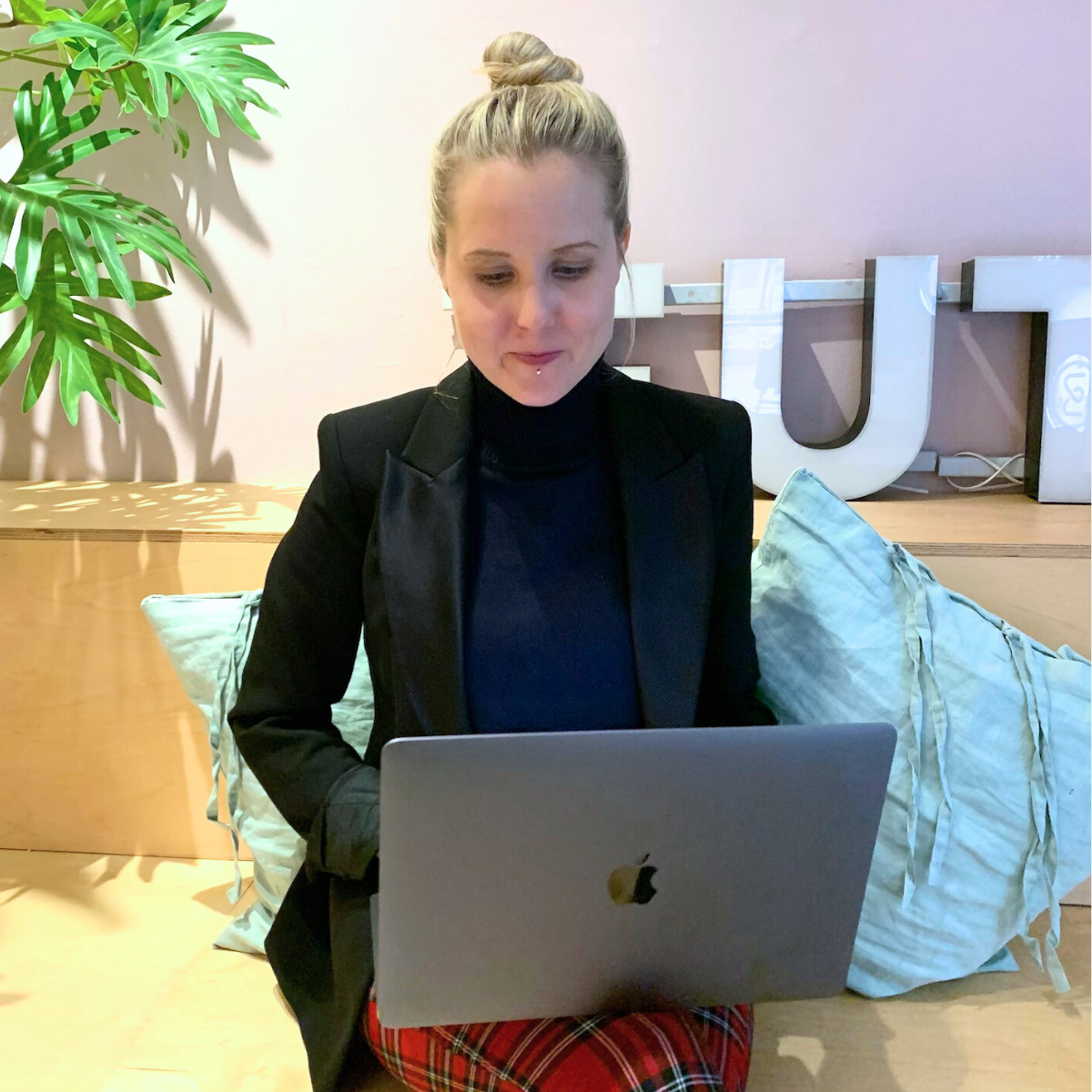
How I Fit Lifelong Learning into My Busy Life: A Personal Framework
As I write this, I’ve just completed a course in Agentic AI at Vanderbilt University. With my certificate in hand, I’m thrilled to start experimenting with this fascinating subject.
I often get asked how I manage to fit these courses into my schedule, so I thought I’d share my learning techniques. This is how I do it, and perhaps it can inspire you to create your own study framework.
Building the Foundations for Learning Success
Here are the key elements I rely on to make it work, this is the foundation that I build upon:
Intrinsic Motivation to Learn
If you’re not motivated to learn, it’s likely you’ll struggle. I’m naturally curious and intentionally choose subjects that fascinate me. This curiosity fuels my motivation to explore, dive deep, and truly understand a topic. I make learning part of my daily life, as I’ll explain further below.
Make Time by adding studying to an Existing Routine
I build on existing habits and routines, which helps me carve out time for studying. Every morning, I wake up at 5 AM, hydrate, and enjoy my cappuccino—or an espresso if I’m fasting. During this time, I usually read a book on a topic I want to explore. When I’m studying, I swap the book for watching a lecture and taking notes before heading to the gym.
Self-Paced Online Courses with Structure
The flexibility of self-paced online courses is perfect for my lifestyle. They allow me to study at my own rhythm and have helped me access classes offered by top institutions like Stanford, Wharton, Copenhagen Business School, and Vanderbilt University.
I create a schedule with clear milestones to keep myself on track. Since I’m naturally motivated, sticking to this plan comes easily for me. By setting goals that align with my calendar, I ensure steady progress. Here, you need to find what works for you.
NSDR (Non-Sleep Deep Rest)
NSDR is my secret weapon after a study session or a meaningful experience I want to learn from. Studies show it can enhance recall after a study session. Don’t just take my word for it, listen to Dr.Andrew Huberman instead.
Exercise
Physical movement is essential for a happy brain that’s ready to learn. For me, exercise isn’t just about fitness—it’s about brain care. It’s particularly important when I’m studying intensively to ensure I exercise. If you want to learn more about how exercise helps you.
My Personal Learning Techniques
I’m a Morning Person
I study in the morning when I’m at my sharpest. Research supports the idea that learning is often more effective in the early hours. There is plenty of research that answers the question of why mornings can be the best time to study.
Find what works best for you—morning, afternoon, or evening—and stick to it.
Short Study Blocks
I study in focused 25-minute sessions, followed by a break or moving on with my day. I avoid long cramming sessions and always stop after 25 minutes.
Why 25 minutes? Jim Kwik’s book Limitless highlights research showing that short, focused bursts of learning are more effective for long-term memory retention. I’ve always preferred shorter sessions, but now I make a point to time them precisely and don’t exceed 25 minutes.
Taking Notes
The beauty of online courses is that you can pause and rewind lectures. I take full advantage of this to jot down comprehensive notes whenever I need to.
Sometimes, I stop to capture an idea or inspiration that pops into my mind during a lecture. My notes are my personalised resource for reviewing the material later.
Reviewing Notes
At the end of each lecture—or at the end of the day—I review my notes with a highlighter. Some courses provide slides, but I find that revisiting my handwritten notes, with their unique blend of words and sketches, helps me retain the material better. I do, however, use my notes as a complement to the slides, which I also read at the end of each module.
Creating Questions
To enhance my understanding, I use tools like Coursera’s study assistant to summarise lectures and generate key questions. This ensures I’ve grasped the key concepts and haven’t missed anything important in my notes. This study assistant or coach, is a great AI tool for learning, which I can highly recommend.
Recall
To reinforce what I’ve learned, I often write a blog post, share a LinkedIn update with a summary, or discuss the material with my partner. Explaining concepts in my own words helps solidify my understanding, improve recall, and anchor the new knowledge into something that I work with.
Recommended Resources for Better Learning
If you’re looking to enhance your learning and study techniques, here are my top recommendations:
- Limitless by Jim Kwik: A fantastic introduction to the neuroscience of learning and unlocking your brain’s potential.
- My NSDR playlist on YouTube: A practical resource for incorporating non-sleep deep rest into your routine.
- Coursera: My go-to platform for accessing courses from top universities at your own pace.
By sharing my approach, I hope you’re inspired to create your own study framework that suits your goals and lifestyle.
